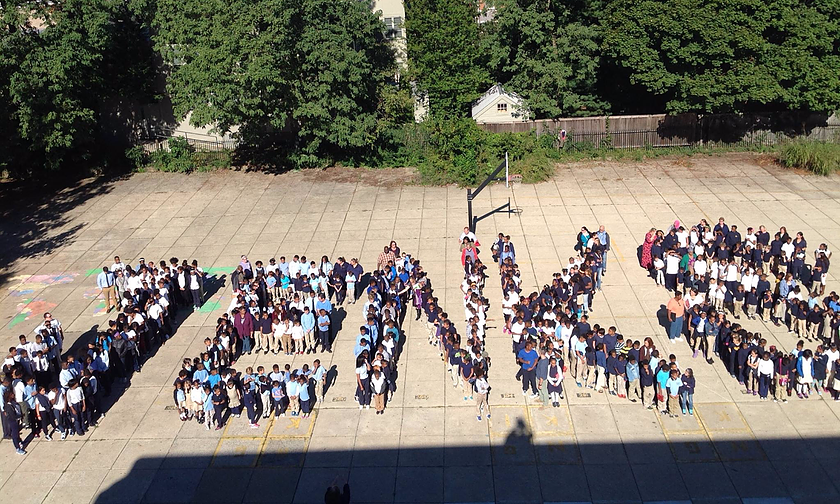• To support the creation of a safe learning environment for all members of the school community.
• To provide clear and explicit expectations for social behaviors in all school settings.
• To provide administrators with interventions that address students’ disruptive behaviors
Purpose of the Code of Conduct:
The safety and security of all school children is our highest priority, and The School District of Philadelphia is committed to providing a safe learning environment.
The Code of Student Conduct establishes policies, rules, and expectations for all school community members to learn, teach, and work together.
Consequences for students who endanger school safety or disrupt the educational experience of others are listed in detail. The Code of Student Conduct applies during school and on the way to and from school, including, but not limited to travel on School District vehicles, private transportation, and public transit systems.
Families and guardians are critical to our community. We ask that they please read and understand the Code of Student Conduct and School Student Handbook, and discuss them with their children. We understand that families and guardians know best how to make sure that their children understand the expectations that will lead to a safe and orderly school community.
This Code of Student Conduct provides definitions of disruptive behaviors. Although some definitions include examples, the behaviors include, but are not limited to, the examples given.
Parents, guardians, and caregivers who have any questions or concerns are encouraged to contact the school principal and/or the Office of Student Rights and Responsibilities
District Policy Regarding Behavior Responsibilities of Everyone:
• Respect all members of the school community.
• Maintain a positive school climate by being responsible, respectful, and cooperative.
• Communicate Code of Student Conduct expectations for students and staff.
• Motivate students to live up to the expectations through positive reinforcement.
• Use good judgment to prevent minor incidents from becoming major problems.
Responsibilities of Students
• Respect all members of the school community.
• Understand and comply with school rules and climate expectations, including the Code of Student Conduct and School Student Handbook.
• Comply with the School District’s attendance, dress code, unlawful harassment, and bullying policies.
• Behave in a manner that focuses on academic success.
• Be responsible and accountable for following rules.
